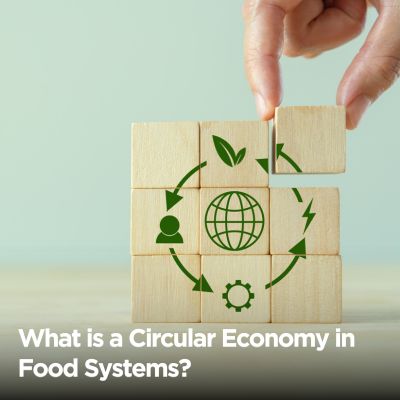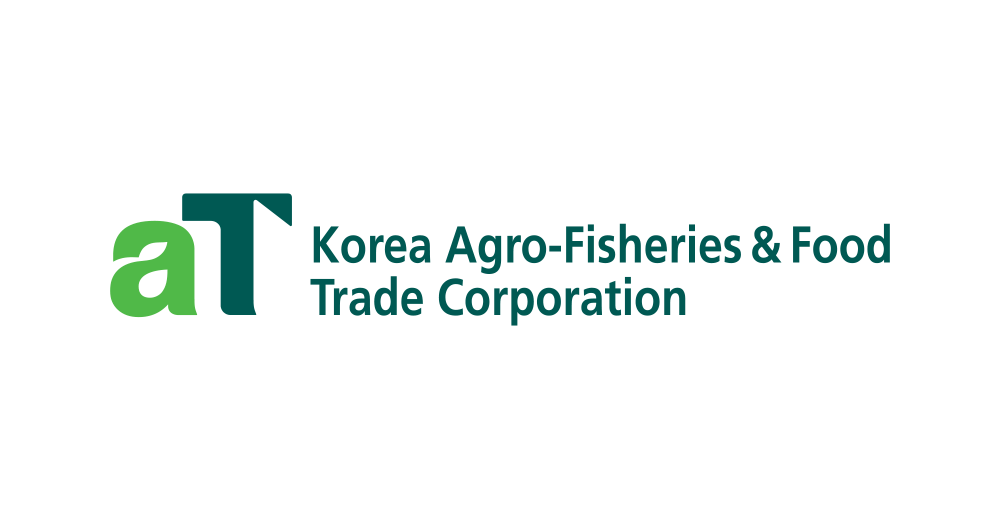Organic food has gained significant attention in a world increasingly conscious of health and sustainability.
This article explores the concept of organic food, highlighting its growing popularity. We will define organic food, explore its key characteristics, and underscore its vital significance in the context of personal well-being and environmental sustainability.
Organic food, often associated with natural farming and sustainable agriculture, represents a distinct approach to food production. It goes beyond dietary choices, reflecting a commitment to fostering healthier lives and a more sustainable future.
As we delve into this topic, we aim to uncover the essence of organic food and understand why it continues to captivate those who prioritize health and the well-being of our planet.
Defining Organic Food
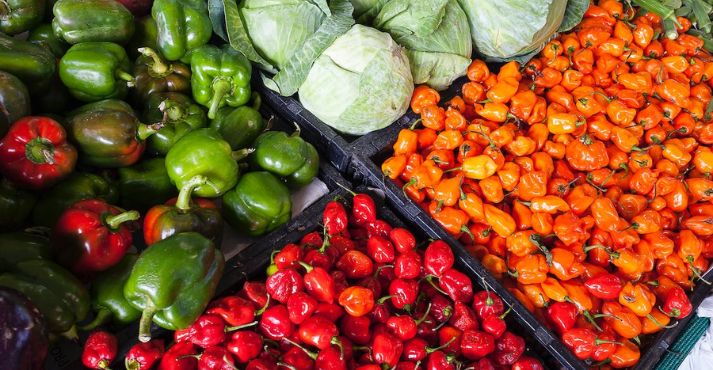
Organic food is cultivated and produced through a unique approach that differentiates it from conventional methods.
At its core, organic food is characterized by its production without synthetic pesticides, herbicides, and genetically modified organisms (GMOs).
It adheres to specific farming standards, prioritizing natural food production and sustainable agriculture practices.
This commitment to organic farming ensures that the food we label as “organic” is cultivated with great care and consideration for our health and the environment.
As we explore the definition of organic food, we gain insights into the fundamental principles that guide its production and understand why it holds a special place in food and agriculture.
Critical Characteristics of Organic Food
No Synthetic Chemicals
One key characteristic defining organic food is its absence of synthetic chemicals. Organic farming practices prioritize natural methods and eschew synthetic pesticides, herbicides, and fertilizers.
This commitment to chemical-free farming results in several noteworthy outcomes:
- Reduced Chemical Residues: Organic food is known for having significantly lower chemical residue levels than conventionally grown produce. This reduction in residues benefits human health, minimizing our exposure to potentially harmful chemicals.
- Lower Environmental Impact: By avoiding synthetic chemicals, organic farming practices contribute to a lower environmental impact. This approach prevents the release of harmful chemicals into the environment, reducing pollution and preserving the health of ecosystems.
- Sustainable Food Production: The choice to refrain from synthetic chemicals aligns with the principles of eco-friendly food production. It ensures that farming practices do not deplete natural resources, harm biodiversity, or disrupt the delicate balance of ecosystems.
The absence of synthetic chemicals in organic food production underscores the dedication to clean eating and sustainable food practices.
It benefits our health and represents a conscientious approach to agriculture that prioritizes the well-being of consumers and the planet.
Non-GMO Status
Another notable characteristic of organic foods is their non-GMO (Genetically Modified Organisms) status.
Organic foods are cultivated and produced without the use of genetically engineered ingredients.
This aspect holds paramount importance for consumers who seek to avoid genetically modified organisms for various reasons.
- Consumer Choice: Non-GMO status in organic foods provides consumers with a clear choice. Those who prefer natural, unaltered food options can confidently select organic products, knowing they are free from genetic modifications.
- Health and Safety: Some consumers are concerned about GMOs’ potential health and safety implications. By opting for non-GMO organic foods, they prioritize products that align with their health-conscious choices.
- Environmental Impact: Organic farming practices that avoid GMOs also contribute to a lower environmental impact. This approach prevents the release of genetically engineered organisms into ecosystems, preserving natural biodiversity.
The non-GMO status of organic foods reflects a commitment to offering natural food choices to consumers. It aligns with the values of those who prioritize health, environmental sustainability, and transparency in their food selections.
Organic Food Labels and Certifications
USDA Organic Certification
The USDA Organic certification is essential in organic food in the United States. This certification is a hallmark of adherence to specific standards and criteria that ensure the integrity of organic food products.
- Stringent Standards: The USDA Organic certification sets stringent standards for organic food production. It requires farmers and producers to follow strict guidelines from soil quality and pest management to livestock practices and food processing.
- Verification Process: Producers undergo a rigorous verification process to earn the USDA Organic seal. This includes on-site inspections, documentation checks, and adherence to specific protocols. This scrutiny ensures that products labeled as organic truly meet the defined criteria.
- Consumer Trust: The USDA Organic Seal instills trust in consumers. When they see this certification on a product, they can be confident that it has been produced by organic standards, free from synthetic chemicals and genetically modified ingredients.
The USDA Organic certification plays a pivotal role in the organic food industry, providing consumers with a reliable way to identify and choose organic products.
Other Organic Certifications
In addition to the USDA Organic certification in the United States, several other organic certifications exist globally, each with its standards and criteria.
These certifications uphold organic food standards and cater to the preferences and regulations of different regions. Some notable examples include:
- EU Organic: The European Union’s EU Organic certification ensures that organic food products produced or sold within the EU meet strict organic farming standards. It guarantees compliance with regulations prioritizing natural farming practices and the absence of synthetic chemicals.
- Canada Organic: Canada Organic certification is a recognized standard for organic foods in Canada. It verifies that products adhere to Canadian organic production requirements, including guidelines for organic crop production, livestock care, and food processing.
- Global Organic Standards: Various global standards and certifications are recognized worldwide, promoting consistent organic practices internationally. These standards ensure that organic foods maintain their integrity and meet the expectations of consumers who seek organic products.
These additional organic certifications are essential pillars in the global organic food industry.
They offer consumers worldwide various options when choosing organic products while maintaining the commitment to natural, sustainable, and environmentally responsible farming practices.
Benefits of Choosing Organic Food
Health Benefits
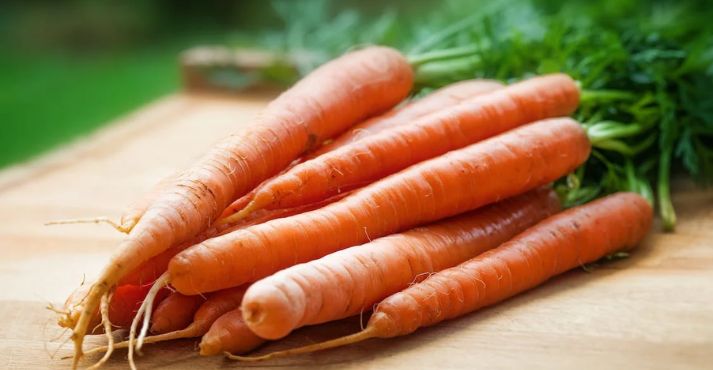
Choosing organic food can bring various potential health benefits that resonate with consumers seeking a healthier lifestyle. Here are some key advantages associated with consuming organic foods:
- Reduced Pesticide Exposure: Organic foods are grown without synthetic pesticides and herbicides. As a result, those who opt for organic can reduce their exposure to potentially harmful chemicals. This can be particularly significant for individuals concerned about pesticide residues in their food.
- Higher Nutrient Content: Studies suggest that organic foods may contain higher levels of certain nutrients, including vitamins, minerals, and antioxidants. These nutritional advantages can contribute to overall well-being and better health outcomes.
- Improved Overall Health: Consumers choose organic foods to prioritize cleaner, more natural options. This dietary shift aligns with healthier eating habits, potentially improving overall health and well-being.
These health benefits underscore the appeal of organic food for individuals who place a premium on the quality and safety of their food choices. They demonstrate how organic can be a proactive step toward a healthier and more nourishing diet.
Environmental Sustainability
One core tenets of organic farming is its commitment to environmental sustainability.
Organic practices minimize environmental negative impacts and promote long-term ecological balance. Here’s how organic farming contributes to environmental sustainability:
- Reduced Chemical Runoff: Organic farming eliminates the use of synthetic pesticides and herbicides, which are known to leach into the soil and waterways, causing chemical runoff. By avoiding these chemicals, organic farming mitigates the risk of water pollution and its detrimental effects on aquatic ecosystems.
- Soil Conservation: Organic farming prioritizes the health and vitality of the soil. Practices such as crop rotation, composting, and cover crops help improve soil structure, enhance nutrient retention, and reduce erosion. Healthy soils are essential for sustainable agriculture and long-term food production.
- Support for Biodiversity: Organic farms often feature a greater variety of plants and wildlife, fostering biodiversity. This diversity can attract beneficial insects, birds, and other species, contributing to natural pest control and pollination. It also helps protect against the homogenization of agricultural landscapes.
- Reduced Carbon Footprint: Organic farming tends to have a lower carbon footprint than conventional agriculture. It typically involves fewer energy-intensive inputs like synthetic fertilizers and pesticides. Additionally, organic practices such as reduced tillage can sequester carbon in the soil, mitigating climate change.
Organic farming’s commitment to environmental sustainability aligns with the broader goals of preserving our planet’s natural resources and biodiversity.
By choosing organic foods, consumers can support agricultural practices that prioritize the health of our environment and contribute to a more sustainable future.
Considerations and Challenges
Cost Considerations
While choosing organic food offers numerous benefits, it’s essential to acknowledge the cost-related challenges associated with this preference.
Organic products often come with a price premium compared to their conventional counterparts, posing a hurdle for budget-conscious consumers. Here, we’ll explore strategies for making organic choices more affordable:
- Prioritize Essentials: Allocate your organic budget to essential items with higher pesticide residues, such as fruits and vegetables. This ensures you get the most significant health benefits from organic purchases.
- Buy in Bulk: Purchasing organic items in bulk can help reduce the per-unit cost. Look for opportunities to buy grains, legumes, or pantry staples in larger quantities.
- Shop Seasonal and Local: Organic produce that is in-season and sourced locally often comes with a lower price tag. These items are fresher, support local farmers, and can be more affordable.
- Join a Community Supported Agriculture (CSA) Program: CSA programs allow you to subscribe to a local farm, receiving a regular supply of fresh, organic produce at a discounted rate.
- Grow Your Own: Consider starting a small organic garden at home. Growing your produce can significantly cut costs and provide fresh, organic options.
- Look for Discounts and Sales: Look for discounts, promotions, and sales on organic products. Many stores offer periodic deals on organic items.
By implementing these strategies, you can make organic choices more budget-friendly and align your commitment to organic food with your financial goals. It’s a thoughtful approach that ensures you can enjoy the benefits of organic food without breaking the bank.
Limited Availability
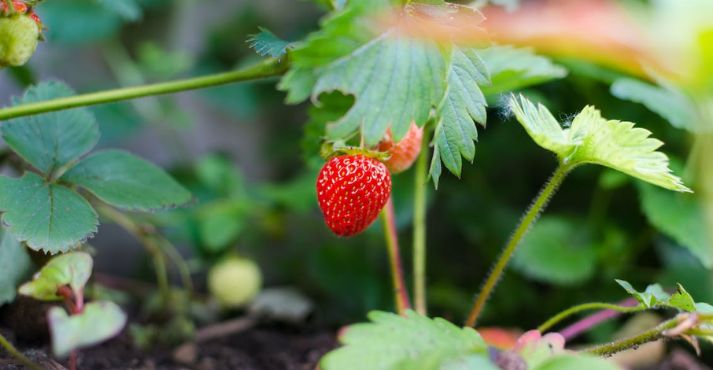
One of the challenges consumers face when seeking organic products is the limited availability of such items in certain regions or during specific seasons.
This constraint can be particularly pronounced in areas with less widespread organic farming practices. Here, we’ll explore strategies for finding organic options despite these limitations:
- Specialty Stores: Seek specialty stores and local co-ops prioritizing organic products. These establishments often carry a broader selection of organic items than conventional supermarkets.
- Farmers’ Markets: Visit farmers’ markets in your area. They can be excellent sources of locally grown, organic produce and other organic goods, especially during the growing season.
- Online Retailers: Consider shopping for organic products online. Many e-commerce platforms offer a wide variety of organic items, and they can deliver directly to your doorstep, overcoming geographical constraints.
- Community Supported Agriculture (CSA): Joining a CSA program connects you directly with local organic farmers. This approach ensures a regular supply of organic produce, even in regions with limited availability.
- Home Gardening: If possible, cultivate your organic produce through gardening. This empowers you to control the availability of organic items and enjoy fresh, homegrown organic produce.
- Advocate for Change: Encourage local stores and markets to expand their organic offerings. Increased demand can lead to greater availability over time.
Navigating limited availability requires creativity and persistence. By exploring various sourcing options and advocating for more organic choices in your community, you can overcome the challenge and continue to make organic food a part of your dietary choices.
Conclusion
In conclusion, organic food stands as a symbol of conscientious choices in a world increasingly concerned with health, sustainability, and environmental responsibility.
It offers many benefits, from reduced exposure to synthetic chemicals to higher nutrient content, contributing to our overall well-being.
Beyond individual health, embracing organic food signifies a commitment to sustainable agriculture practices that conserve soil health, support biodiversity, and reduce the carbon footprint.
It’s a choice that resonates with consumers and the broader food industry, encouraging a shift towards more responsible and eco-friendly production methods.
Organic food represents a bridge between personal wellness and global environmental stewardship. It reminds us that our choices at the dinner table can profoundly impact our and the planet’s health.
As we move forward, the future of organic eating promises to shape our diets and how we approach food, agriculture, and sustainability.

